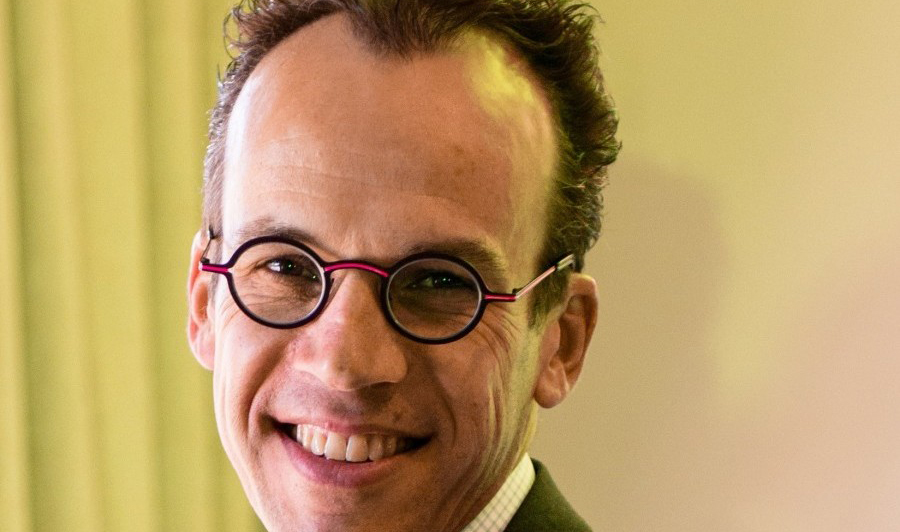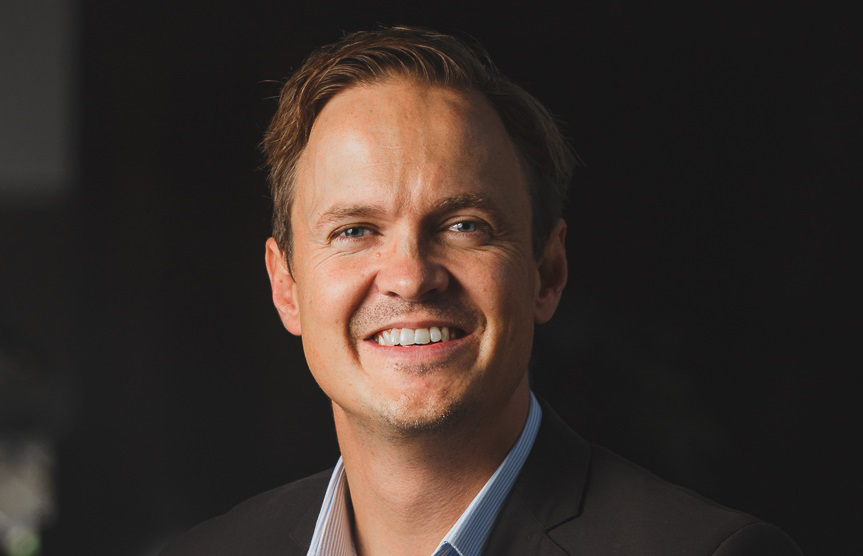Dr Jong-Dae Park is the South Korean Ambassador in South Africa
SPONSORED
The National Mentorship Movement and the Mail & Guardian hosted a webinar dialogue with Dr Jong-Dae Park, ambassador of the Republic of Korea to South Africa, together with Dr Martyn Davies, Deloitte managing director for emerging markets & Africa and dean of the Deloitte Alchemy School of Management. The webinar was facilitated by Michael Avery, anchor of Classic Business, Classic FM.
South Korea, also known as “the miracle on the Han River” or “the Asian Tiger” has experienced huge economic growth after emerging from a civil war, and serves as a model for developing countries.
Dr Jong-Dae Park said that South Korea is a rare example of a country that has achieved compressed economic and political development. It is the only country that was once an aid recipient and has now become an aid donor; it has a population of over 50 million and the per capita GDP is over $30 000. “The key to its success can be put down to three principles: prioritising economic principles over political considerations; secondly, prioritising human capital above resources and financial capital; and lastly, emphasis on and enforcement of accountability.”
 Dr Martyn Davies, Deloitte managing director for emerging markets & Africa
Dr Martyn Davies, Deloitte managing director for emerging markets & Africa
What African leaders can learn is that the same fundamental economic principles can be applied to any country, regardless of their levels of development. It makes no difference that you have sophisticated plans and roadmaps — if you don’t implement them, they are not going to work. African countries must be realistic and practical in their approach. Speed is of essence to get out of the poverty trap. Change must be worked on very aggressively; it comes about through hard work and discipline. The leadership must bring people on board, to participate and be the drivers of change together
The Korean War of 1953 resulted in three million people dying. At that stage South Korea was one of the poorest countries on Earth, and had very few natural resources to depend on. We had to use our human resources and human capacity to pull ourselves out of poverty. As there was economic development, our democracy evolved, and people became more aware of their rights.
Dr Martyn Davies said: “There is a sense of crisis and doom in Africa, similar to the Asian crisis in 1997, when there was a sense of miracle coming to an end. But Korea rebounded in just 18 months, and regained its favourable credit and investment ratings. It rebounded because of its investment in industrialisation and human capital, and there is a significant long-term lesson in that. In the short term, we should be thinking, how should South Africa structurally reform to regain its investment standing and attract capital? South Korea has been through crises and emerged, and we can learn from that.”
It was important for our leaders to galvanise and inspire our people, said Park. I don’t see that happening in Africa; it is just business as usual. “Leaders can push people through, through their vision and inspiration, based on their exemplary actions. South Africa has huge potential and resources: it is only the will that is lacking. The government, business and the people must all come together, and lay the basic groundwork, which is very important.”
 Michael Avery, anchor of Classic Business, Classic FM
Michael Avery, anchor of Classic Business, Classic FM
South Korea has the ability to pivot in a very agile manner and change very fast, according to Davies. There is a sense of nation, a sense of “us”, and this provides focus – it is pro business and pro corporatisation. South Africa is almost diametrically opposite. Samsung accounts for about 20% of Korean GDP and exports; together with Hyundai and LG, they make up about 30%. Africa does not have these dominant globally competitive corporations. The pervasive corporatisation of the Korean economy bulked it up and enabled it to compete with Japanese companies. It would not have been possible with micro industries.
True economic dynamism and capitalism comes from companies and government working together, said Park. The government played the role of facilitator in South Korea. It did not intervene in the market directly, but promoted competition and rewarded the performance of the chaebols (large family-controlled companies) which is how they grew. The developmental state must invigorate and reinforce the market, to make the economy more dynamic, and encourage and reward performance.
“People must be brought on board — they must not just think of themselves as consumers — they must also be providers, and contribute. This is the golden rule. People must have a stake in things; they must be providers as well as takers. Government must be together with business and the people, as partners.
A common theme in Africa is that post-colonial governments are not adapting to the market’s realities. Global change has been very rapid and accelerated by technology, and many developing countries are not catching up — they are on the periphery instead of partaking, as their leaders are unable to adapt fast enough.
There is extremely intense competition in Korean schools, which automatically drives growth and productivity. Today, human capital is the only story in town. “Education is key: not only academic education, but also civic education that emphasises ethics and values,” said Park. “Ethics are taught from primary school: moral ethics and work ethics. Social capital is an extension of human capital; it is about trust, bond and connectivity; everybody does their part, in homes and businesses, events and schools.”